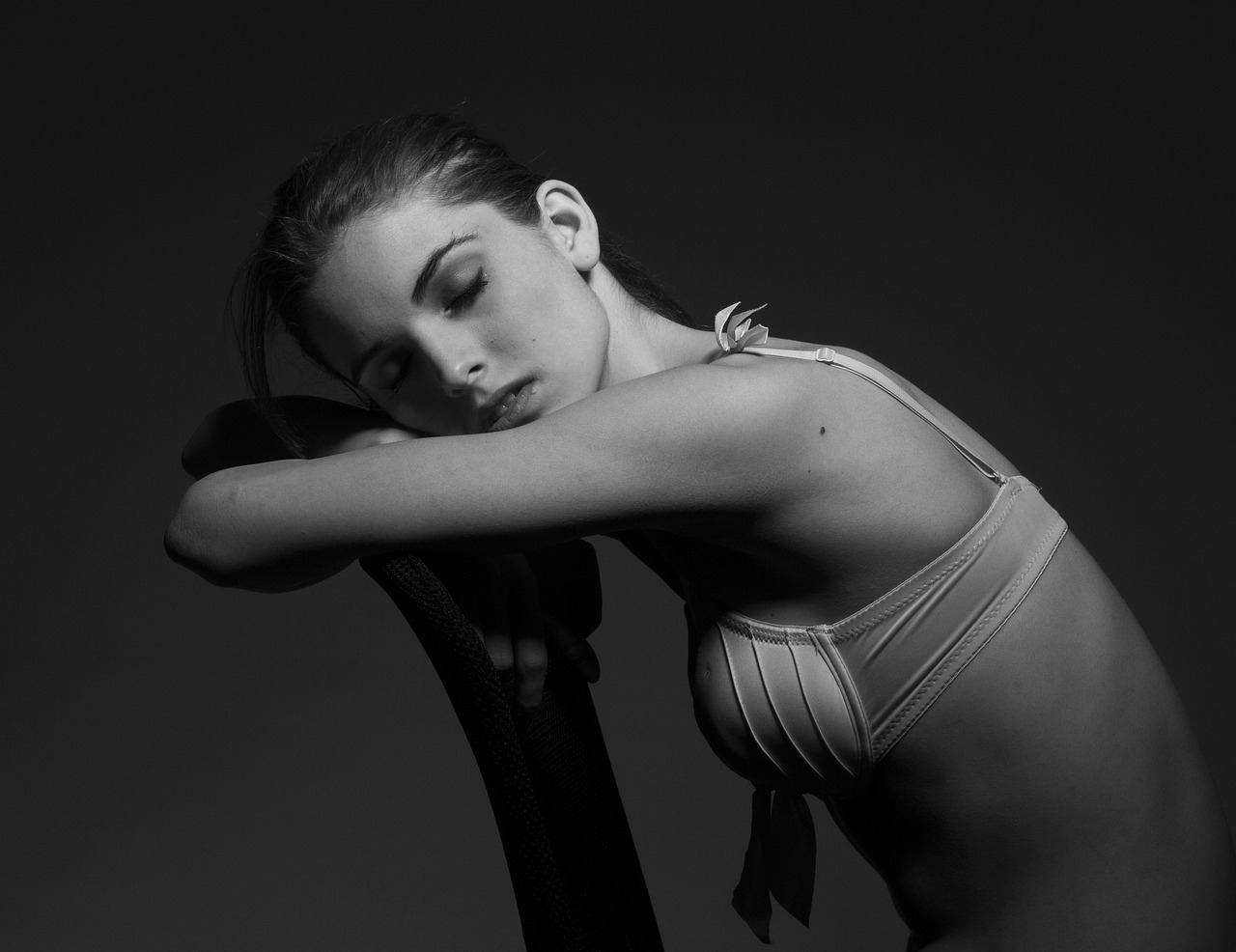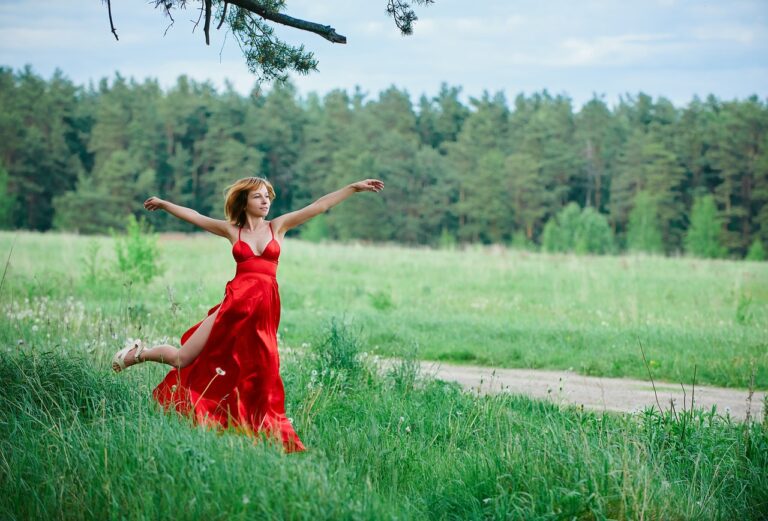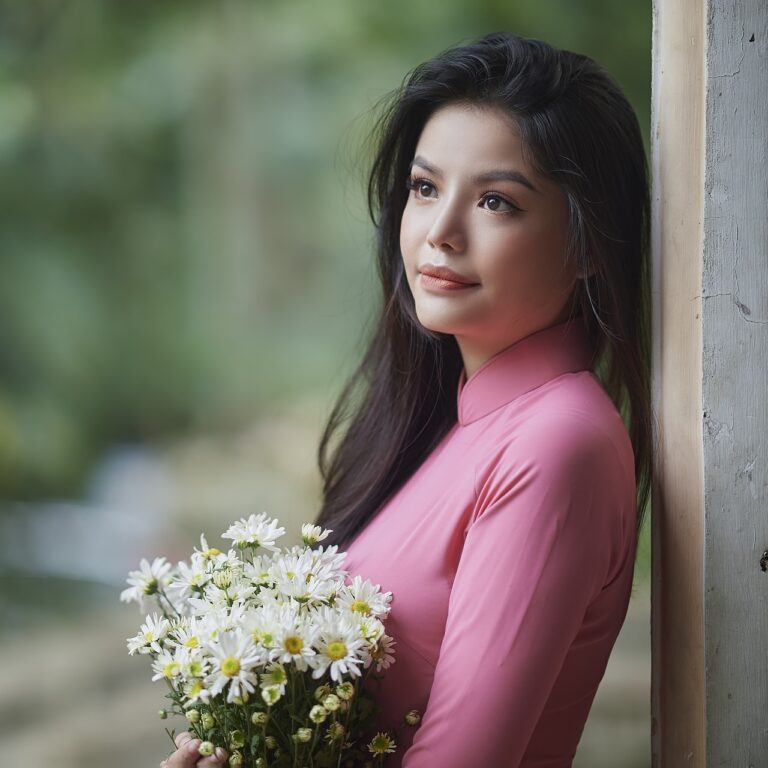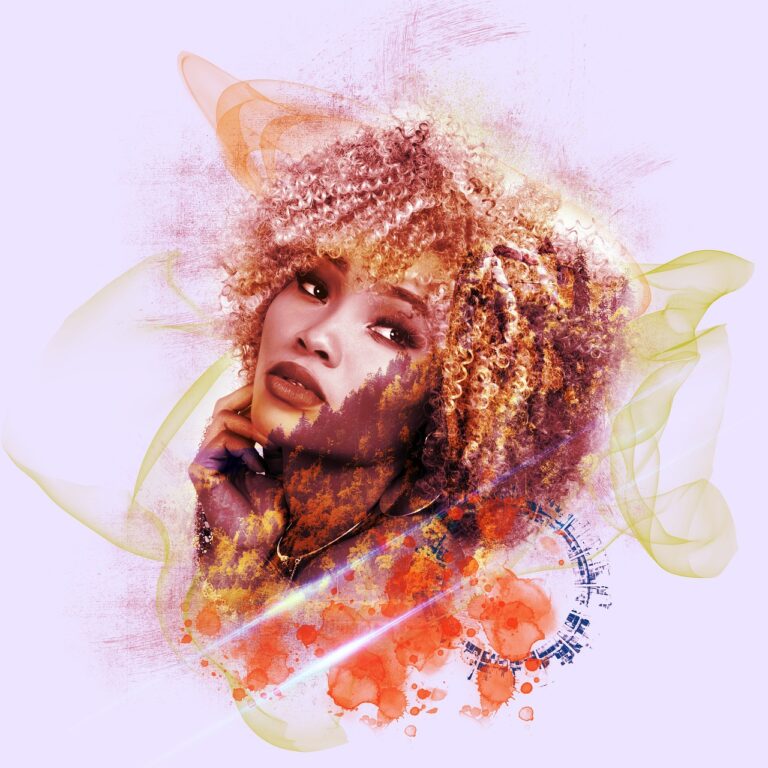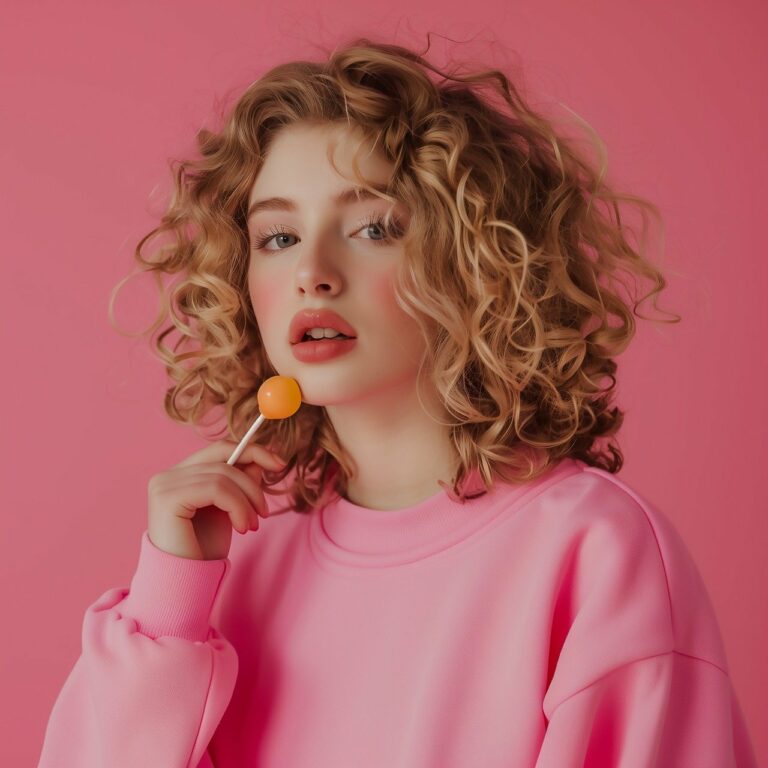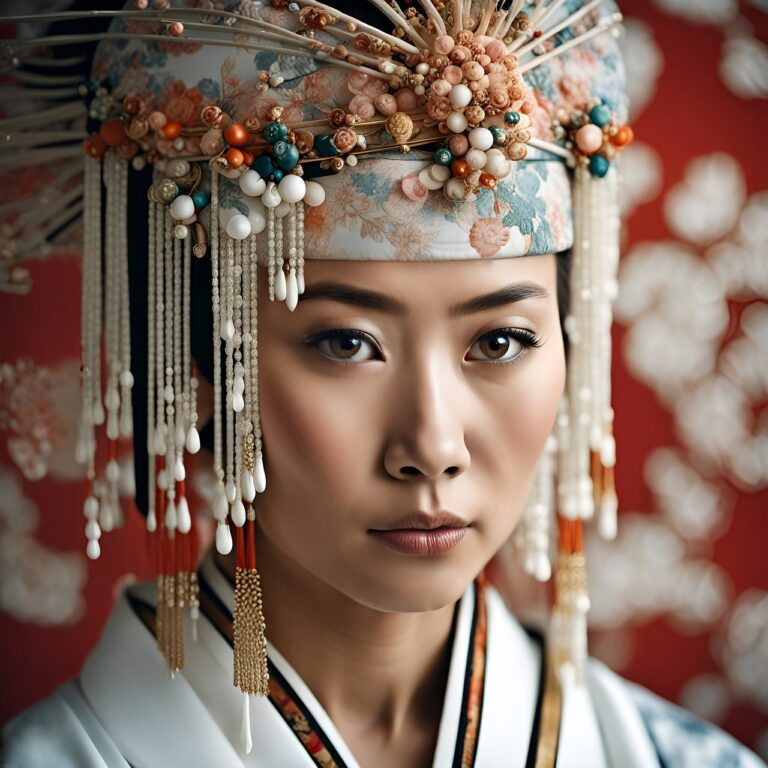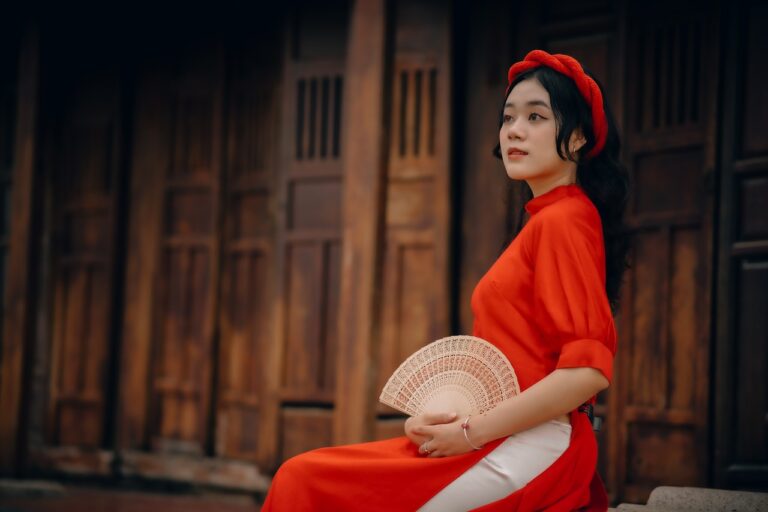The Role of Fashion Psychology in Understanding Formal Wear Preferences
allexchbet com login, 99exch.com, all panel:Fashion psychology plays a crucial role in understanding formal wear preferences. As human beings, we are influenced by various psychological factors that impact our fashion choices, including the types of clothing we wear for formal events. Whether it’s a job interview, a wedding, or a formal dinner, our clothing communicates a message about who we are and how we want to be perceived by others. By delving into the world of fashion psychology, we can gain a deeper understanding of why we choose certain formal wear over others.
1. The Influence of Social Norms
Social norms play a significant role in shaping our preferences for formal wear. We are often influenced by societal expectations of how we should dress for formal occasions. These norms can vary depending on cultural background, geographical location, and personal beliefs. By adhering to these norms, we signal to others that we understand and respect the social context of the event.
2. The Psychology of Color
Color psychology also plays a vital role in our choice of formal wear. Different colors evoke specific emotions and perceptions, which can influence how others perceive us. For example, wearing black to a formal event conveys seriousness and sophistication, while wearing red can signal confidence and power. By understanding the psychology of color, we can choose formal wear that aligns with our desired message.
3. Body Image and Self-Perception
Our body image and self-perception can impact our preferences for formal wear. People with positive body image may feel more confident in form-fitting outfits, while those with negative body image may opt for loose-fitting or concealing clothing. Understanding how our body image influences our clothing choices can help us feel more comfortable and confident in formal settings.
4. The Role of Personality
Personality traits also play a role in determining our formal wear preferences. Extroverted individuals may gravitate towards bold patterns and bright colors, while introverted individuals may prefer more understated and classic styles. By considering our personality traits, we can choose formal wear that reflects who we are and how we want to be perceived by others.
5. Emotional Connection to Clothing
Our emotional connection to clothing can also impact our formal wear preferences. Certain items of clothing may hold sentimental value or evoke specific memories, influencing our decision to wear them to formal events. By understanding the emotional significance of our clothing choices, we can make more informed decisions about what to wear for formal occasions.
6. Environmental Factors
Lastly, environmental factors such as weather, location, and season can also influence our formal wear preferences. Choosing appropriate clothing for the specific conditions of an event is essential for comfort and practicality. By considering these factors, we can strike a balance between style and functionality in our formal wear choices.
In conclusion, fashion psychology plays a crucial role in understanding formal wear preferences. By examining the influence of social norms, color psychology, body image, personality, emotional connections, and environmental factors, we can gain a deeper understanding of why we choose certain formal wear over others. By considering these psychological factors, we can make more informed and intentional choices about our clothing for formal occasions.
FAQs:
Q: How can I use fashion psychology to improve my formal wear choices?
A: Consider factors such as social norms, color psychology, body image, personality, emotional connections, and environmental factors when selecting formal wear to reflect who you are and how you want to be perceived.
Q: Can fashion psychology help me feel more confident in formal settings?
A: Understanding how psychological factors influence your clothing choices can help you feel more comfortable and confident in formal settings by aligning your clothing with your desired message and self-perception.
Q: What should I do if I have conflicting preferences for formal wear?
A: Consider prioritizing factors that are most important to you, such as comfort, style, or cultural significance, to make more informed decisions about your formal wear choices.

